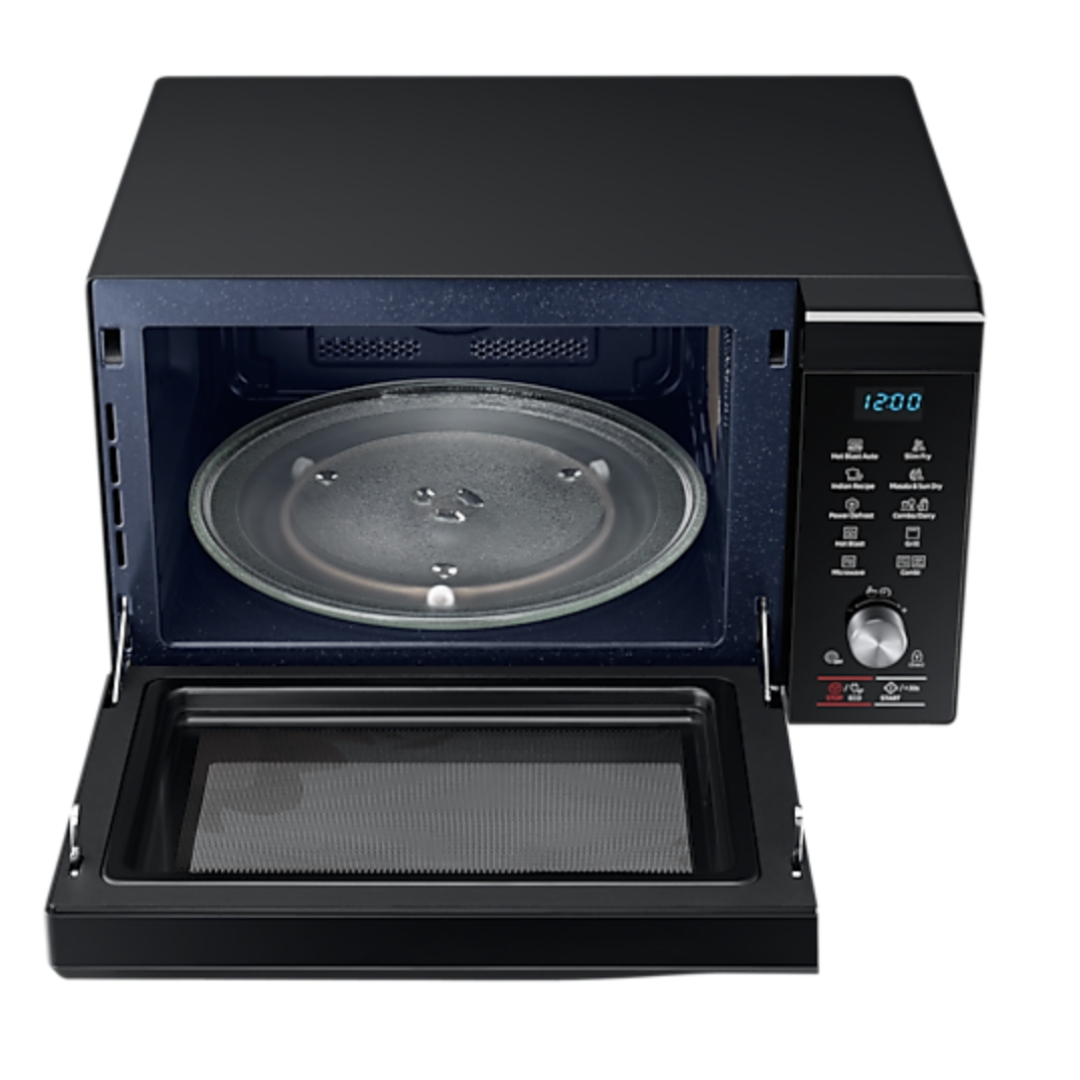


LG Microwave Repair and Service in Lucknow Call - 91 9324305311
LG Microwave Repair Near Me in Lucknow | Expert Service Centre | Cool Climate
Not Heating: If your microwave is running but not heating food, the problem could be with the magnetron, diode, or capacitor. These components may need to be tested and replaced by a professional.
Turntable Not Rotating: If the turntable isn't rotating, check for any obstructions or damage to the turntable motor or coupler. Replace damaged parts to restore functionality.
Sparks or Arcing: Sparks or arcing inside the microwave can be caused by metal objects or food splatter. Remove any metal objects and clean the interior thoroughly to prevent arcing.
Door Won't Close Properly: A misaligned or damaged door latch or hinge can prevent the microwave door from closing securely. Adjust or replace these components as needed to ensure proper closure.
DIY Microwave Repair Tips
Before seeking professional assistance, try these DIY solutions to troubleshoot and fix your microwave:
Reset the Microwave: Sometimes, a simple reset can resolve minor issues. Unplug the microwave for a few minutes, then plug it back in and test if the problem persists.
Check the Power Supply: Ensure the microwave is receiving power by testing the outlet with another device. If the outlet is working, but the microwave isn't, check the power cord and fuse for any damage.
Inspect the Door Seal: A damaged or worn door seal can cause heat leakage and affect the microwave's performance. Replace the door seal if it's damaged or worn out.
Clean the Ventilation System: A clogged ventilation system can cause the microwave to overheat and malfunction. Clean the vents and fan blades to ensure proper airflow and prevent overheating.
When to Seek Professional Help
If DIY efforts fail to resolve the issue, it's time to call a professional microwave repair technician. Here are signs that indicate you need professional assistance:
Electrical Issues: Electrical problems should always be handled by a qualified technician to avoid the risk of electric shock or fire.
Internal Component Failure: If the issue lies within the microwave's internal components such as the magnetron or capacitor, professional repair may be necessary.
Safety Concerns: If you're unsure about handling electrical components or if there are safety concerns, it's best to leave the repairs to a trained professional.
Conclusion
Don't let microwave problems disrupt your kitchen routine. By following these tips and knowing when to seek professional help, you can effectively troubleshoot and repair your microwave, ensuring it operates safely and efficiently.